The future of a luxury treehouse hotel in the heart of the Brazilian Amazon hangs in the balance as indigenous communities intensify their protests against the development. The hotel, which has drawn international acclaim for its eco-tourism appeal, now faces mounting pressure from local tribes who argue that the project encroaches on their ancestral lands and disrupts the fragile ecosystem.
For months, members of the Munduruku and other indigenous groups have staged demonstrations near the hotel’s entrance, blocking access for tourists and demanding its immediate closure. Their grievances center on what they describe as a blatant disregard for their territorial rights and the environmental impact of constructing such a facility in a protected region. The conflict has escalated to the point where state authorities are considering revoking the hotel’s operating license.
The treehouse hotel, marketed as an exclusive retreat for high-end travelers seeking immersion in the rainforest, opened just two years ago with promises of sustainability and minimal ecological disruption. Its architects boasted of using locally sourced materials and employing members of nearby communities. However, indigenous leaders claim these promises were never fully realized, and instead, the hotel has become a symbol of cultural appropriation and exploitation.
One Munduruku elder, speaking through an interpreter, expressed frustration over the lack of consultation before the project began. "They came with their money and their plans, but they never asked us if we wanted this here," he said. "This land is not just a playground for tourists—it is our home, our history, and our responsibility."
Environmental activists have joined the indigenous cause, citing concerns over deforestation and water pollution linked to the hotel’s construction. Satellite imagery shows patches of cleared forest around the site, contradicting the developers’ claims of a "zero-impact" design. Meanwhile, reports of increased boat traffic and waste disposal issues have further galvanized opposition.
The hotel’s management has denied allegations of wrongdoing, insisting they followed all legal protocols and obtained the necessary permits. In a recent statement, they emphasized their commitment to "ethical tourism" and announced plans to establish a dialogue with indigenous representatives. However, skepticism remains high among protesters, who view these overtures as too little, too late.
As tensions rise, the Brazilian government finds itself caught between economic interests and environmental obligations. The Amazon region has long been a flashpoint for conflicts over land use, with agribusiness, mining, and now tourism vying for space. Federal officials have yet to take decisive action, but pressure is building for a resolution that respects indigenous rights while addressing the growing demand for sustainable travel options.
International observers are closely watching the situation, as it could set a precedent for similar disputes worldwide. The United Nations Special Rapporteur on Indigenous Peoples has called for an independent investigation into the hotel’s approval process, raising questions about whether proper safeguards were overlooked in the rush to capitalize on eco-tourism.
For now, the treehouse hotel remains open, though visitor numbers have dwindled amid the ongoing protests. Some guests have canceled reservations after witnessing the demonstrations firsthand, while others remain unaware or unconcerned about the controversy. Backpackers and luxury travelers alike continue to arrive, lured by glossy brochures promising an "untouched paradise."
Behind the scenes, negotiations between indigenous leaders, hotel executives, and government mediators have stalled repeatedly. The Munduruku have presented a list of demands, including financial reparations and a formal apology, but so far, no agreement has been reached. With neither side willing to back down, the standoff shows no signs of ending soon.
The broader implications of this conflict extend far beyond one hotel’s fate. It underscores the delicate balance between conservation and commerce in the world’s largest rainforest—a balance that grows increasingly precarious as climate change accelerates. For the indigenous communities fighting to protect their way of life, the treehouse dispute is just one battle in a much longer war for survival.
As the sun sets over the Amazon canopy, the sounds of protest songs mingle with the distant calls of howler monkeys. Whether these voices will be heard—or drowned out by the machinery of progress—remains an open question. What is certain is that the outcome will resonate across the globe, shaping conversations about responsible tourism and indigenous sovereignty for years to come.

By Emily Johnson/Apr 11, 2025
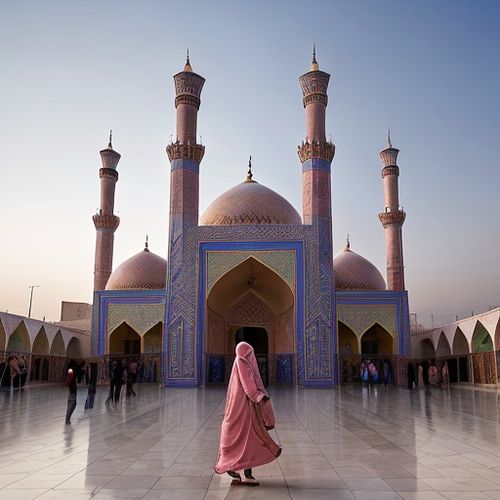
By William Miller/Apr 11, 2025
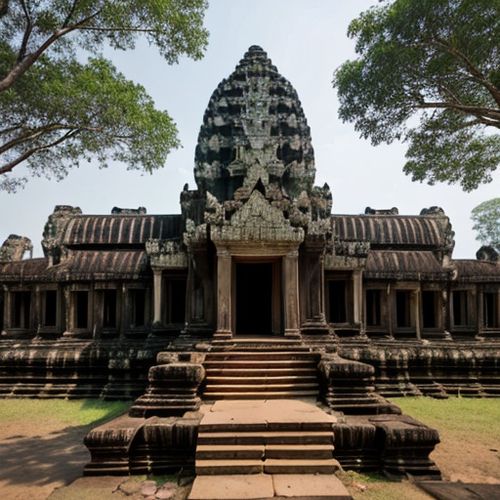
By Benjamin Evans/Apr 11, 2025
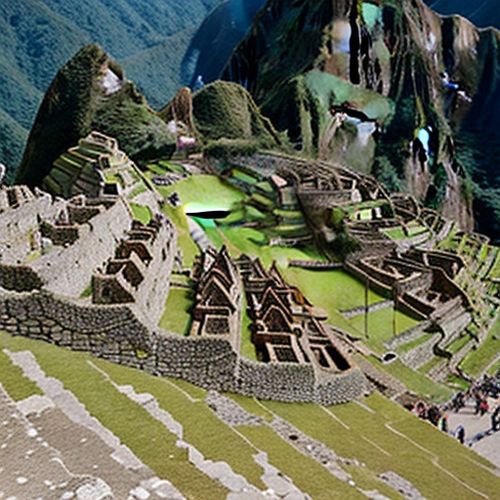
By Grace Cox/Apr 11, 2025

By Amanda Phillips/Apr 11, 2025

By James Moore/Apr 11, 2025
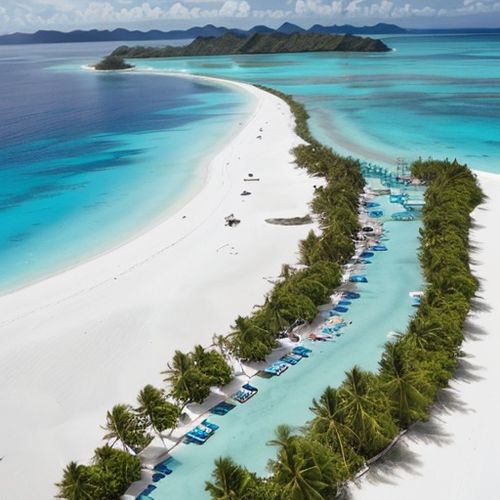
By Natalie Campbell/Apr 11, 2025
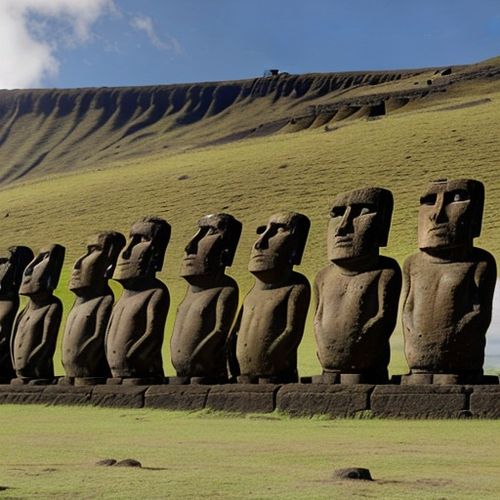
By Eric Ward/Apr 11, 2025

By James Moore/Apr 11, 2025

By Emily Johnson/Apr 11, 2025
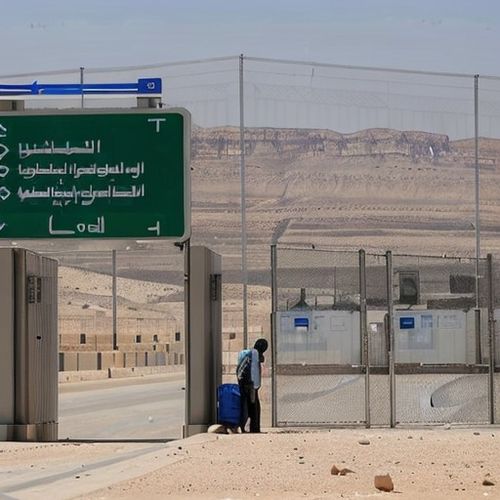
By Christopher Harris/Apr 11, 2025
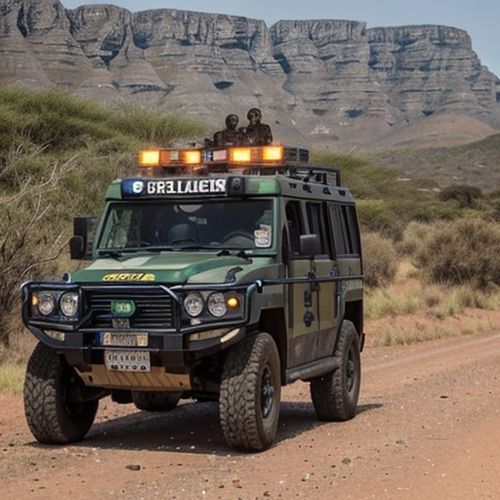
By Michael Brown/Apr 11, 2025
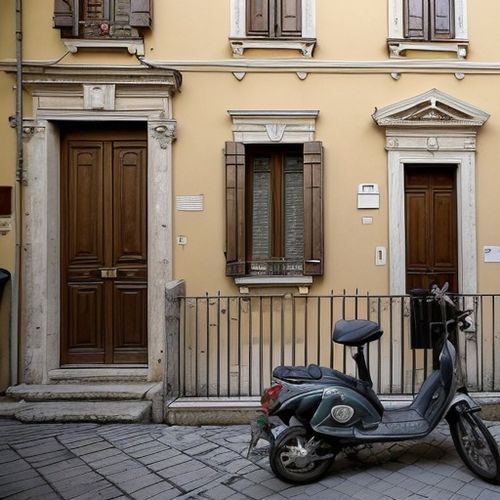
By Rebecca Stewart/Apr 11, 2025
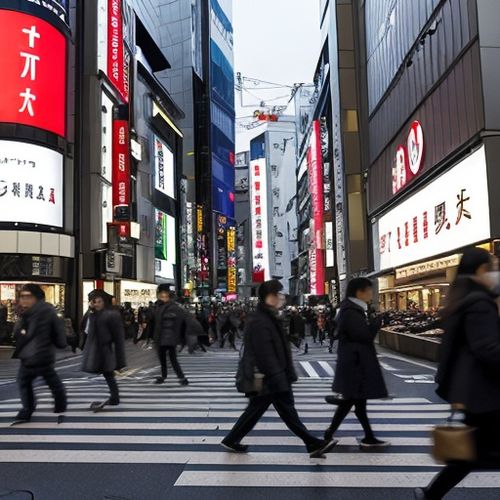
By John Smith/Apr 11, 2025
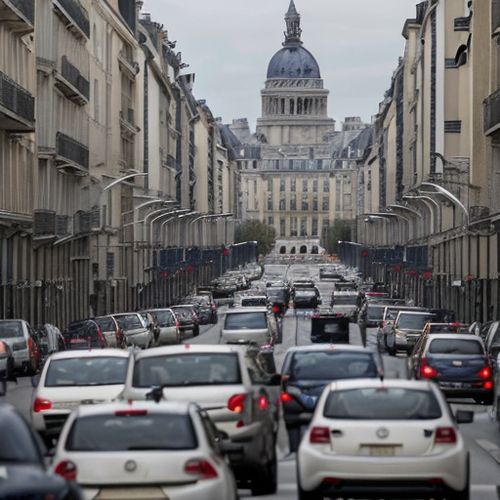
By Natalie Campbell/Apr 11, 2025
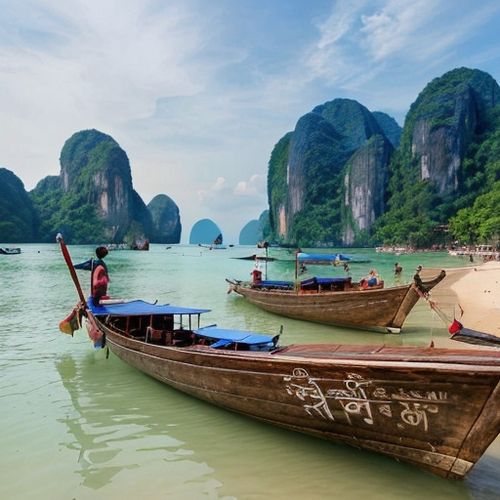
By Emily Johnson/Apr 11, 2025
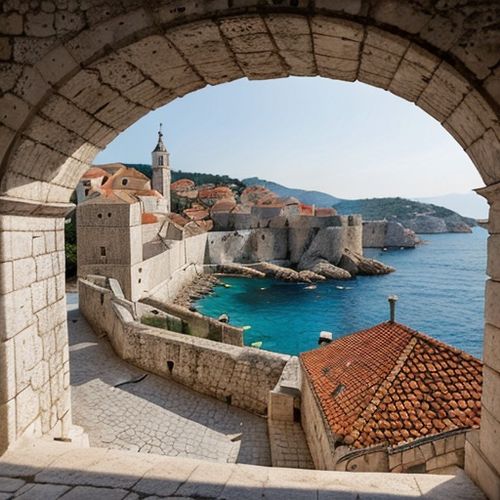
By John Smith/Apr 11, 2025

By Michael Brown/Apr 11, 2025
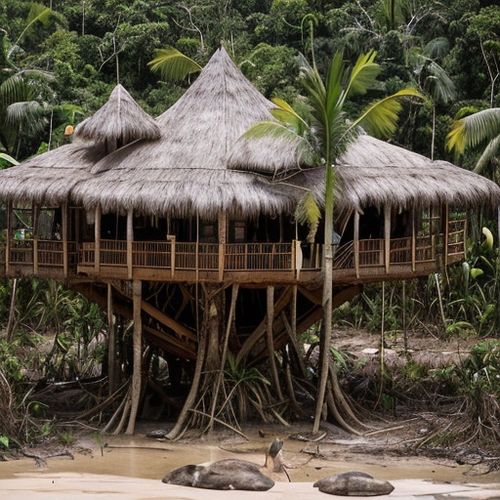
By Amanda Phillips/Apr 11, 2025

By Joshua Howard/Apr 11, 2025